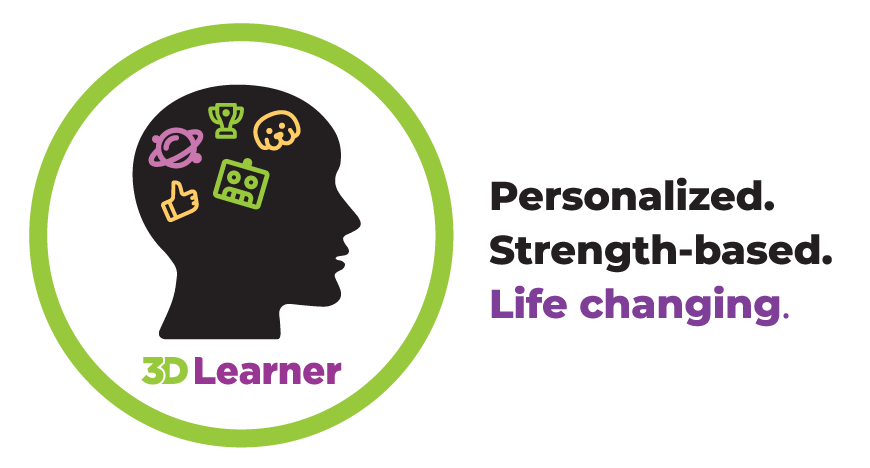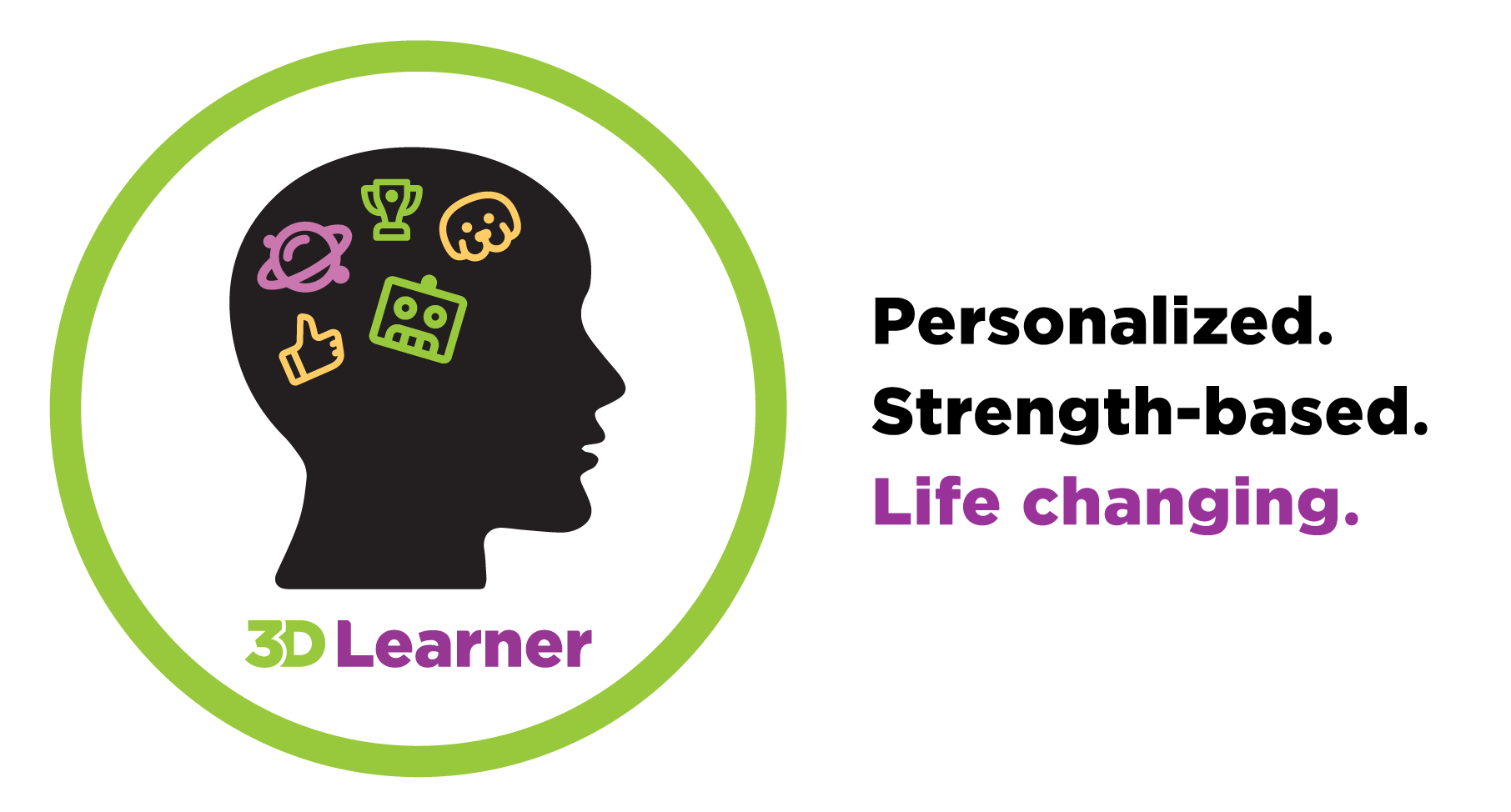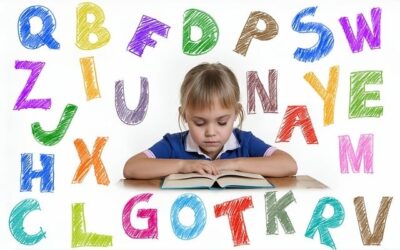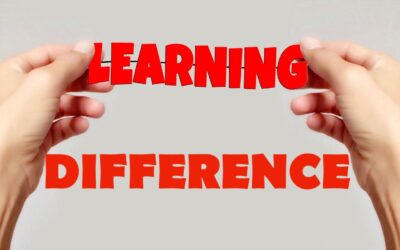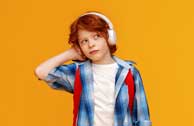Most smart struggling students learn differently. They go by different labels, which are quite similar
- A visual-spatial learner learns best when they see and experience information
- The right-brain learner often is creative, a good problem solver and thinks in 3D, the challenge is their left-brain is often weaker
- The neurodivergent learner is a newer label that in many cases, the students we have seen, resembles the visual-spatial or right-brain learner
Most right-brain, visual-spatial or neurodivergent learners are more likely to struggle with social-emotional issues, because they see the big picture- and become overwhelmed and do not know where to start…so they freeze. Their challenges might include:
- Their academic performance is often far below their potential
- Most remediation work focuses on their challenges and
- They often lose confidence in themselves and may say they are “stupid” or “not as smart as others”, when in fact they have some real gifts
Click here for a no cost screening tool to see if your child is a
right-brain, visual-spatial or neurodivergent learner
If you would then like to discuss your specific situation,
give us a call at 561-361-7495 or click here to schedule a time to discuss
“What you have discovered about your child”
Am I not as smart as others ?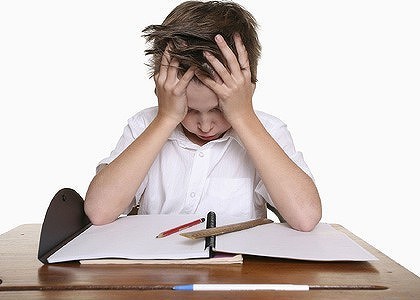 OR
OR
Am I a gifted visual-spatial right-brain learner?
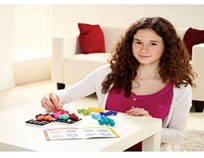
While only 15 to 20% of the population has a visual processing issue, the right-brain visual-spatial learner is much more likely to have the issue — closer to 75%. From a child’s standpoint, this too has a negative social-emotional impact as they may
- Struggle to catch a ball or be clumsy, and think they do not ”fit in”
- Skip words and lines when reading
- Make what others call “stupid” mistakes on math tests as they miss signs, misalign their numbers and struggle to get the right answer
What really frustrates us is that people will too often say that this issue is not real or that one should just have accommodations – because any treatment is prohibitively expensive.
The good news is that when you teach a child the way they learn best and identify and address their visual processing issue — they can often do far better.
We also have a much more affordable option to improve visual skills.
From a kid’s perspective, they will often see improvement in reading, math and sports — with a real boost to their confidence and self-esteem.
The Challenge Parents Face
From a parent’s standpoint, you may or may not know if your child is a right-brain visual spatial learner or whether they have visual processing issues.
We recommend that you do both of these yourselves and then ask the same questions to your child. Their answers may surprise you.
Below are two screening tools you can use to see if:
1- Your child is a right-brain visual spatial learner and
2- If your child has a visual processing issue
If you would then like to discuss your specific situation,
give us a call at 561-361-7495 or click here to schedule a time to discuss
“What you have discovered about your child”
Note, we have seen right-brain visual spatial learners make 2., 3 and even 4-year gains when one capitalized on their strengths, identifies and challenges and reduces their anxiety, while boosting their confidence
